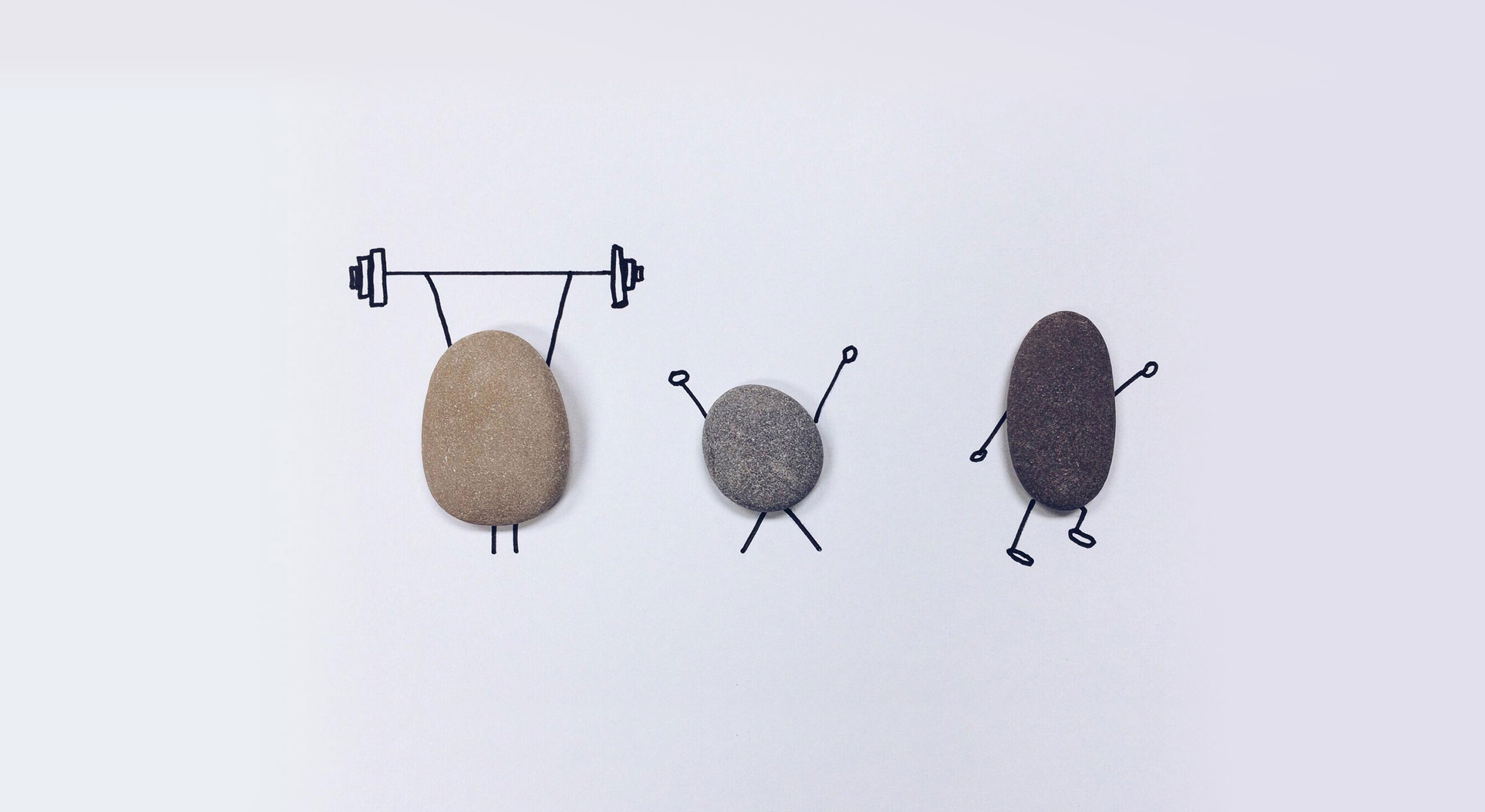Online counsellor




Curiosity might have killed the cat, but it helps to keep us human beings alive, brain-wise. The basic idea of mind/brain fitness is to give your brain the best workout possible (to keep it growing and developing) by continuing to challenge it. The moment you find something is second nature, that is the moment to change it, bringing in some novelty. You can create that by being curious about your world and how it works. The brain is a physical organ, so diet and exercise come into play as well.
There are about 10 basic rules, below.
What? You've been telling the kids to get off their devices and go do something else, and now we're telling you to get onto the games? Well, not necessarily computer games, though electronic games can be part of your playing repertoire. Look for activities that improve the brain's speed and memory, relying on logic, word skills, maths, and other things. Yes, Sudoku and crossword puzzles count here!
This is said to be the best thing you can do for your brain, but perhaps you're not sure what to do, or feel like you can't concentrate? Don't despair; that's how most people feel, even after doing a stillness practice for a while. The benefits still accrue to you, even if you feel like you don't "do it right". There are various relaxation and stillness options you can pursue, in order to achieve – strangely – not only relaxation but also a brain workout, by accessing a different mental state.
When you do various physical movements, your brain has to get involved, helping you to balance, estimate distances (like: how far away is that tennis ball as you prepare to lob it back over the net?), and learn new muscle skills. You're not getting physical exercise? You're not getting maximal brain fitness, either.
The brain needs healthy fats, please: fish oils (including wild salmon), olive oil, seeds (such as flaxseed), and nuts (walnuts are brilliant).
Never tried Italian cooking? What about carpentry? Belly dancing, anyone? The brain has to call on several areas to help you with new skills: the parts of the brain involved in memory, information-processing, logic, balance, spatial work, and creating new associations, to name a few. Every new thought creates a new synaptic connection, which is one more piece of insurance for you against brain disease, as the more connections you have, the more possible routes a message can take to get from your brain to your body.
This strategy is different from the previous one in that, with brain-training, you are engaging an activity (say, a formal course, website, or book program) with the express purpose of teaching your brain to work faster and better (as opposed to focusing on the skill and achieving brain growth as a by-product). Most of the brain-training programs aim to increase your capacity to visualise, remember, and use your reasoning: skills which you will continually employ in everyday life.
Do you normally stir your veggies in the pot with your right hand? Try using the left one. Go to the grocery store via Park Place? Get there by way of Fort Street instead. Take a walk in a different neighbourhood and see how many different varieties of trees or bushes you can spot. You get the idea: just break up the familiarity a bit so that your brain has to work, creating new connections for you.
If you're a World War II buff, try reading a novel. If you never read, pick up anything. Again, we are going for novelty. What are you curious about that you haven't looked into before? Get hold of some material on that.
Even the documentaries can't stimulate your mind like your active engagement with life, learning, or exercise can. Television is a passive pursuit that the average adult pursues for four hours daily; brain fitness requires an active approach.
A what? The French elite have traditionally appreciated master storytellers, those people who can recount their experience (hence the word) in an entertaining and informative way. It's harder than it looks. To tell a captivating story, your brain must remember the details, sequence them, find an interesting perspective from which to share them, select effective voice tone/cadence/volume, and figure out how to appeal to the particular audience on hand. This is all in addition to not messing up the punchline! It's hard to imagine but true; you can become more brain-fit as you learn how to become the life of the party! (Ideas loosely adapted from Stibich, 2014).
Taking up these ideas does not guarantee that you will never have a brain disease, such as dementia or a glioblastoma, but employing them regularly gives you the assurance that you are doing your bit to safeguard the health of one of your most primary organs.
References:
Mark Stibich, 2014. Top 10 ways to improve your brain fitness. Retrieved on 13 January, 2016, from verywell.com.
Source: lcia.com.au
All the period that we worked together to pull me out of my depression I also had the feeling that Liudmila really cares and even outside the sessions I could send her a few emails to share my black thoughts when I was really deep down.